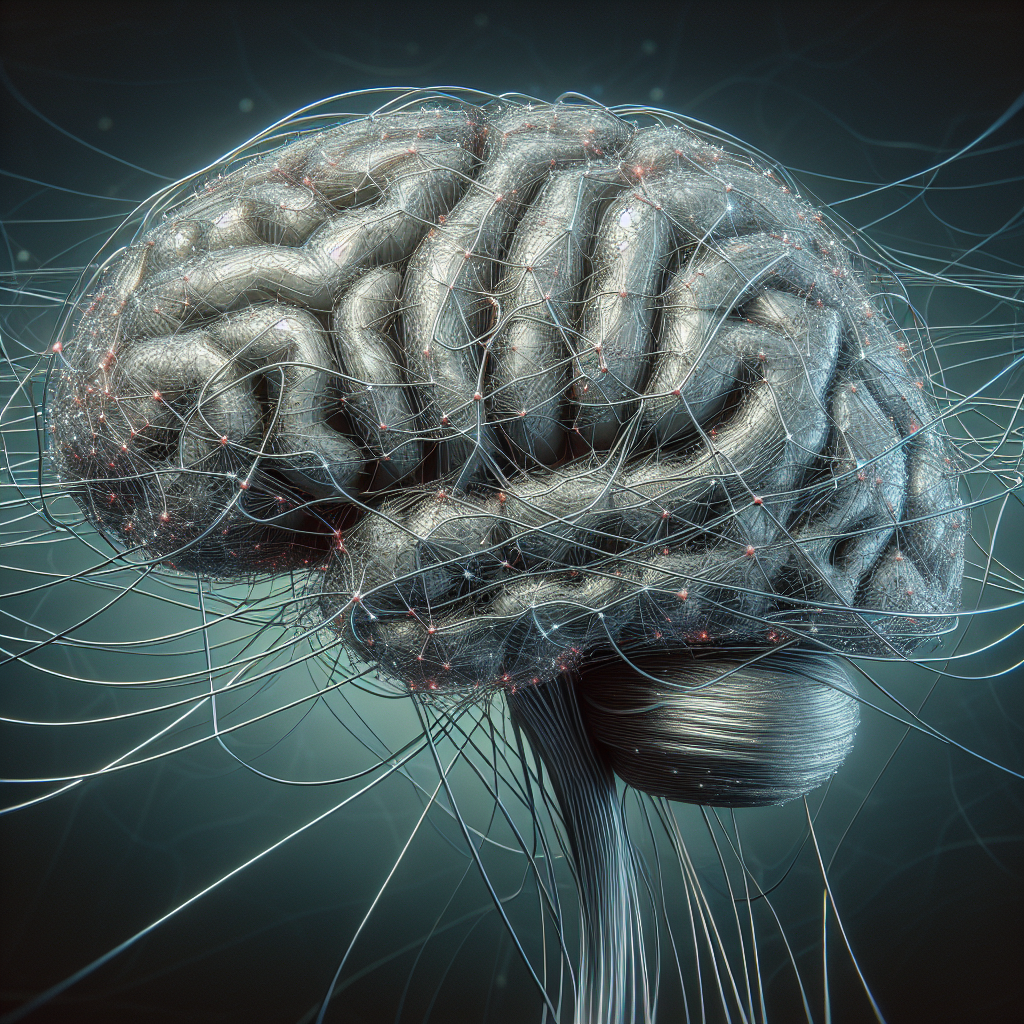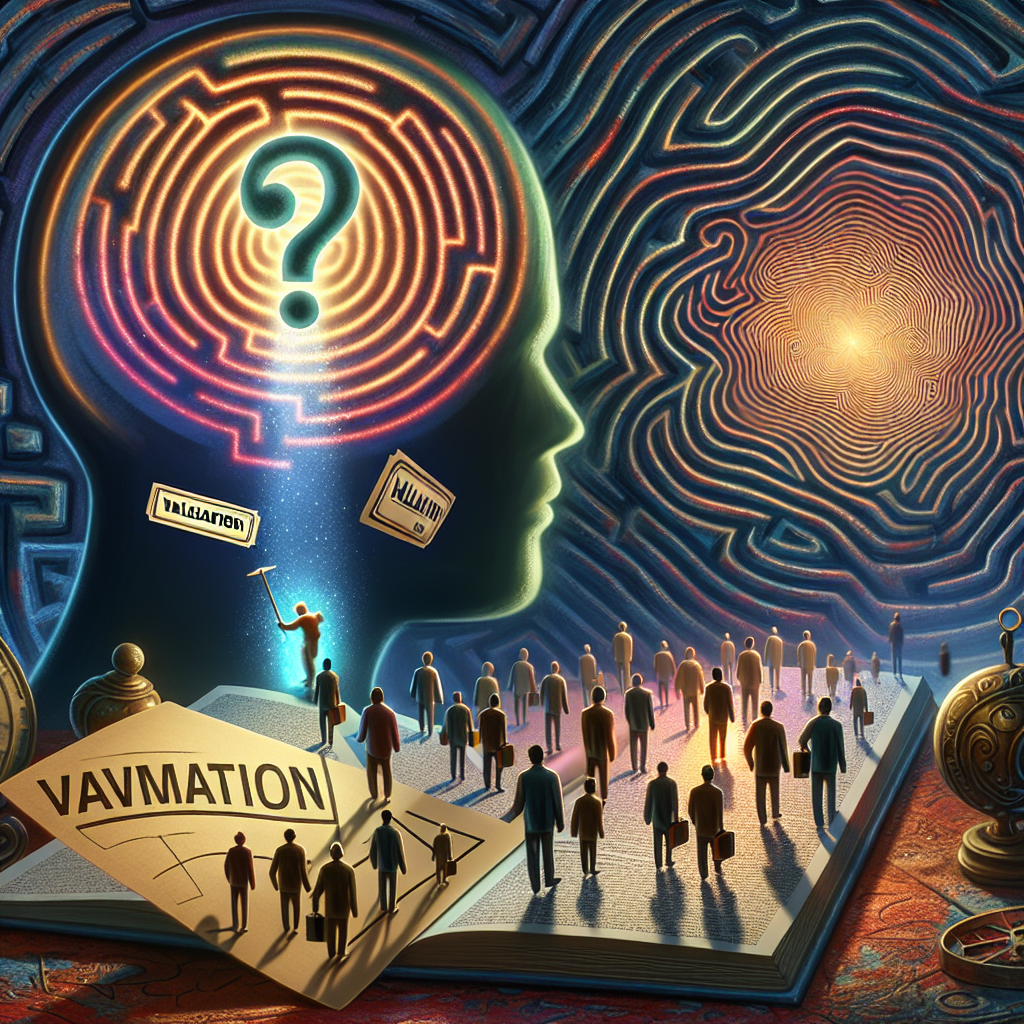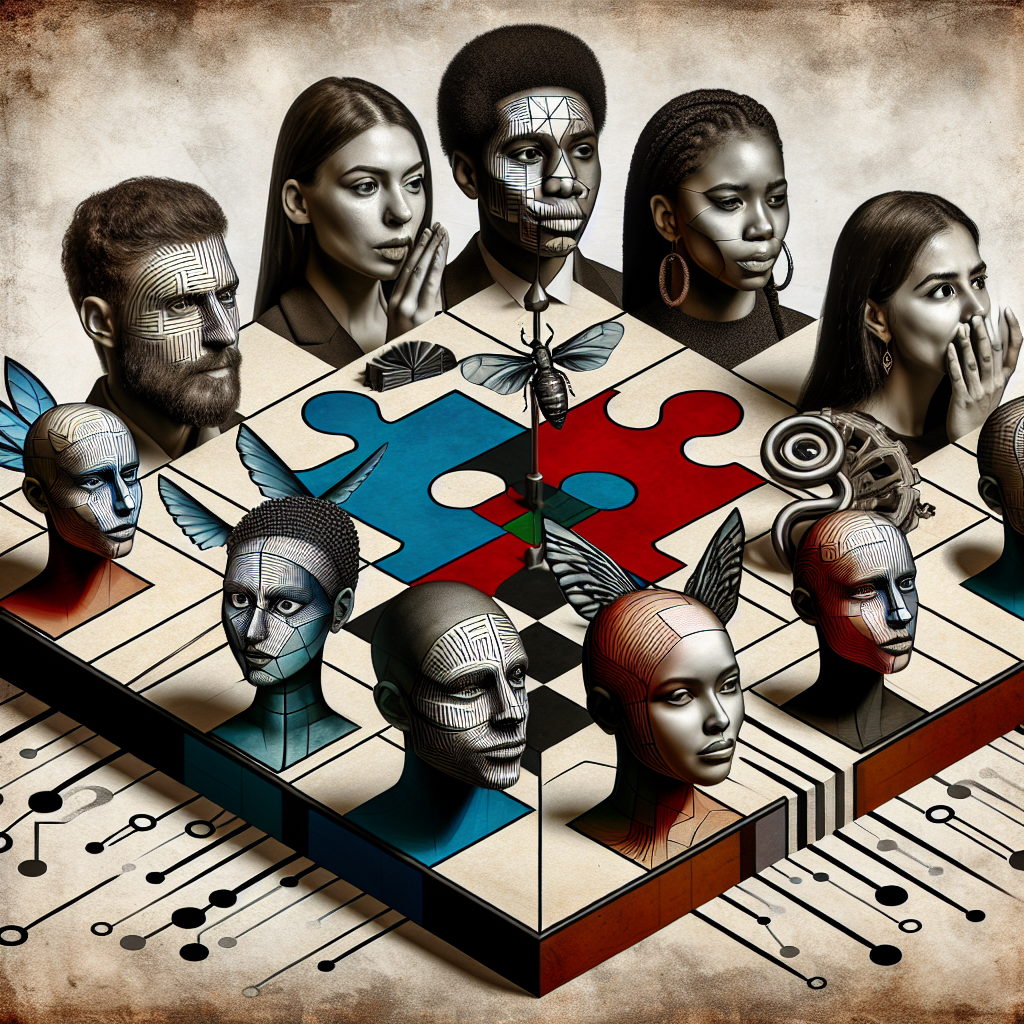
We’ve all experienced it — you’re doing something ordinary when suddenly a memory hits: that awkward thing you said in front of your friends years ago. You cringe. But why do we remember embarrassing moments so clearly, even more vividly than the happy ones?
Let’s explore the fascinating psychology behind it — and how your brain might actually be helping you grow.
Emotional Memories Are Stronger
Embarrassment is an emotional state involving shame, fear, and social anxiety. These emotions are powerful triggers for your brain’s memory system. Researchers call this emotional memory encoding — where your mind gives priority to memories tied to strong feelings.
Embarrassing moments are often stored deeper in your memory, simply because they feel like social threats.
Learn how emotional states affect our behavior in The Psychology Behind Procrastination.
How the Brain Stores Shameful Moments
Two brain regions handle this memory processing:
- The amygdala, which detects emotional significance
- The hippocampus, which organizes and stores memory
When an embarrassing event happens, the amygdala sends a signal: “Remember this — it’s socially important!” The hippocampus then encodes the event more vividly than neutral experiences.
This is exactly why we remember embarrassing moments so clearly, even when we try to forget.
The Spotlight Effect: We Overestimate Our Mistakes
According to the spotlight effect, we believe others are noticing our flaws far more than they really are. In reality, people are mostly focused on themselves.
However, this illusion amplifies the emotional impact of our social slip-ups. We think everyone remembers — so we do, too.
Rumination Reinforces the Memory
When we ruminate — replaying the moment over and over — we make it more permanent. Neuroscience shows that the more often a memory is recalled, the stronger the neural connections become.
So, the more you cringe about it, the easier it becomes for that moment to pop back into your mind — and the harder it becomes to forget.
Can Embarrassing Memories Be Good for You?
Absolutely. These moments often serve as learning experiences, helping you:
- Become more empathetic
- Avoid repeating mistakes
- Strengthen social intelligence
In fact, self-reflection is a key trait of emotionally intelligent people. You’re not broken — your brain is just protecting your future self.
Want to learn how your thoughts affect long-term well-being? Read Can You Rewire Your Brain for Happiness?.
How to Handle Cringe-Worthy Memories
If you’re haunted by old slip-ups, here are science-backed strategies to ease the discomfort:
✅ Laugh at Yourself – Humor is healing. If you can laugh at it, it loses its power.
✅ Reframe the Story – Instead of shame, try gratitude. “That taught me something.”
✅ Challenge the Assumption – Ask: “Is anyone else still thinking about this?” Probably not.
✅ Redirect Your Thoughts – When the memory resurfaces, shift to a calming or productive activity.
Conclusion
So, why do we remember embarrassing moments so clearly? Because your brain tags them as emotionally important. While uncomfortable, these memories are part of your natural learning and growth process.
Instead of letting them control you, use them to laugh, grow, and become more self-aware.
Want to explore more curious habits linked to intelligence? Check out 7 Weird Habits That Show You’re Smarter Than Average.
Have you ever suddenly remembered something painfully awkward from years ago and instantly cringed? Maybe it was a public slip-up, a wrong thing said at the wrong time, or a social failure. These moments seem to haunt us forever, but have you ever asked: why do we remember embarrassing moments so clearly?
The answer lies in how our brains are wired for emotional memory, particularly when it involves social judgment and discomfort. This article breaks down the psychology of memory, the role of shame, and how to stop embarrassing memories from taking over your mind.
The Science Behind Embarrassing Memories
Embarrassing moments are so memorable because they are often tied to strong negative emotions such as shame, fear, or rejection. These feelings activate a part of the brain called the amygdala, which works with the hippocampus — the area responsible for forming long-term memories.
When something embarrassing happens, your brain doesn’t just store the event. It tags it as important and emotionally charged, making it easier to retrieve later. This is known as emotional memory consolidation, and it’s why embarrassing moments stick with us longer than neutral ones.
Evolution and the Fear of Rejection
There’s also an evolutionary reason why we remember socially awkward situations so well. Thousands of years ago, being rejected or humiliated by your social group could have life-or-death consequences. The brain evolved to treat social mistakes seriously, helping you avoid them in the future.
In modern life, this plays out as your brain locking in every embarrassing memory — from calling someone the wrong name to tripping in front of a crowd. It’s not about being weak or overly sensitive. It’s your brain’s way of protecting your social status.
The Spotlight Effect and Rumination
Two psychological phenomena make matters worse:
- The Spotlight Effect – You believe everyone noticed your mistake, when in reality, most people didn’t even care.
- Rumination – Replaying the event in your head reinforces the embarrassing memory, making it more vivid each time you recall it.
Together, these habits cause your brain to give extra attention to something most people have already forgotten.
Why Embarrassing Memories Are So Clear
Let’s answer the main question again — why do we remember embarrassing moments so clearly? Here’s a quick summary:
- They involve intense emotion (shame, fear, humiliation)
- The amygdala flags them as critical memories
- The hippocampus stores them in great detail
- Evolution trains us to avoid repeating social mistakes
- We ruminate, which strengthens memory recall
This combo of emotional tagging, memory encoding, and mental repetition makes embarrassing experiences stick — even if you wish they wouldn’t.
Can Embarrassing Memories Be a Good Thing?
Absolutely. Embarrassing moments are teachers in disguise. They:
- Help you grow self-awareness
- Improve your social skills
- Teach empathy and boundaries
- Reduce the chance of repeating the mistake
In many ways, every awkward moment is an opportunity for personal development — as long as you process it rather than obsess over it.
How to Deal with Embarrassing Memories
Don’t try to erase them — manage them. Here’s how:
- Reframe the Memory: Instead of “That was so stupid,” say “That was a learning experience.”
- Use Humor: Laughing at yourself builds resilience and reduces shame.
- Practice Mindfulness: Acknowledge the memory, but don’t get stuck in it.
- Shift the Spotlight: Remind yourself that most people didn’t notice or don’t remember the event.
- Interrupt Rumination: When the thought pops up, shift focus to something positive or productive.
Final Thoughts
So, why do we remember embarrassing moments so clearly? It’s not because you’re weak — it’s because your brain is doing its job. From an evolutionary and emotional perspective, these memories are survival tools, not punishments.
Next time you cringe over a past mistake, take a deep breath, laugh it off, and thank your brain for trying to keep you safe — even if it’s a little overzealous.



